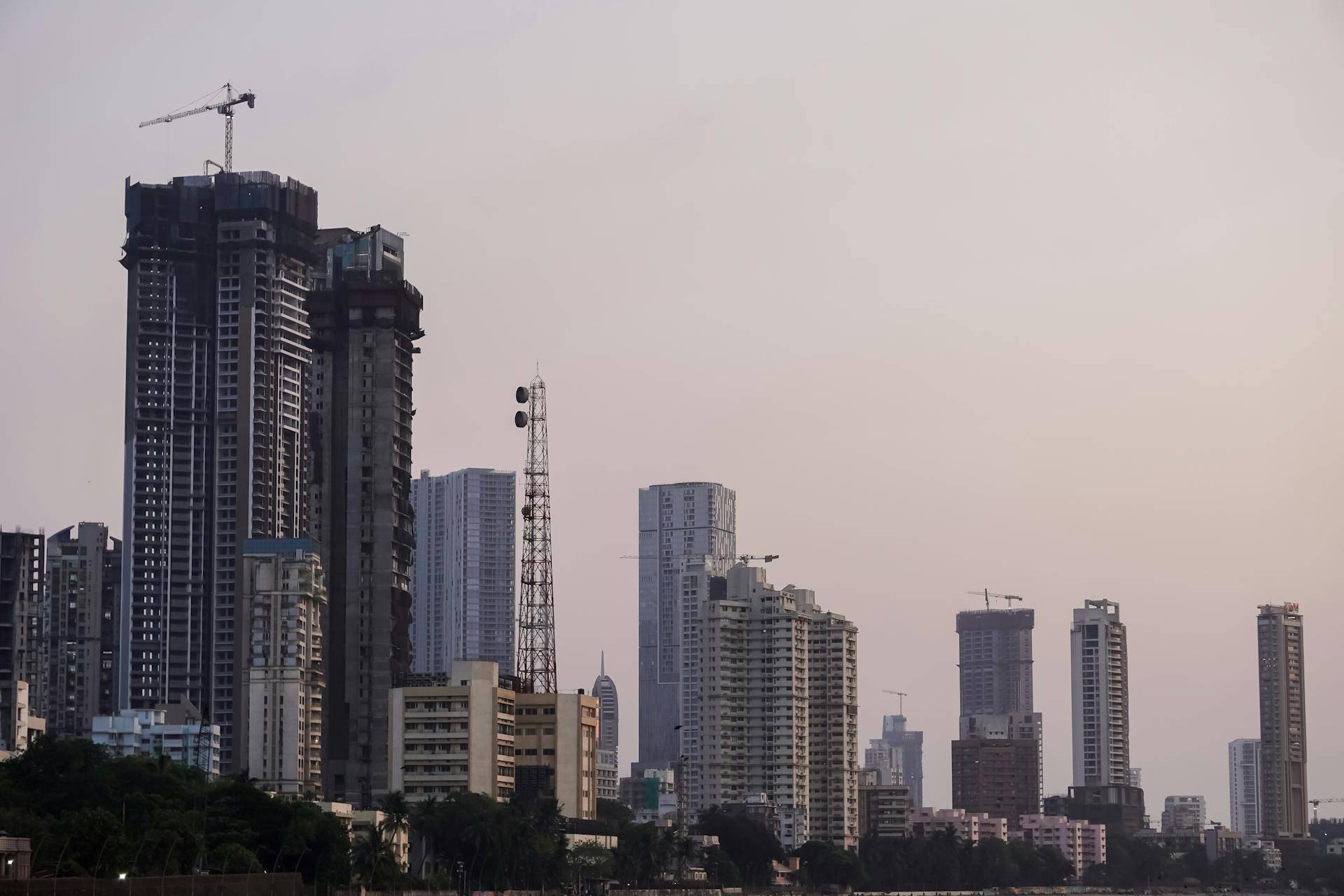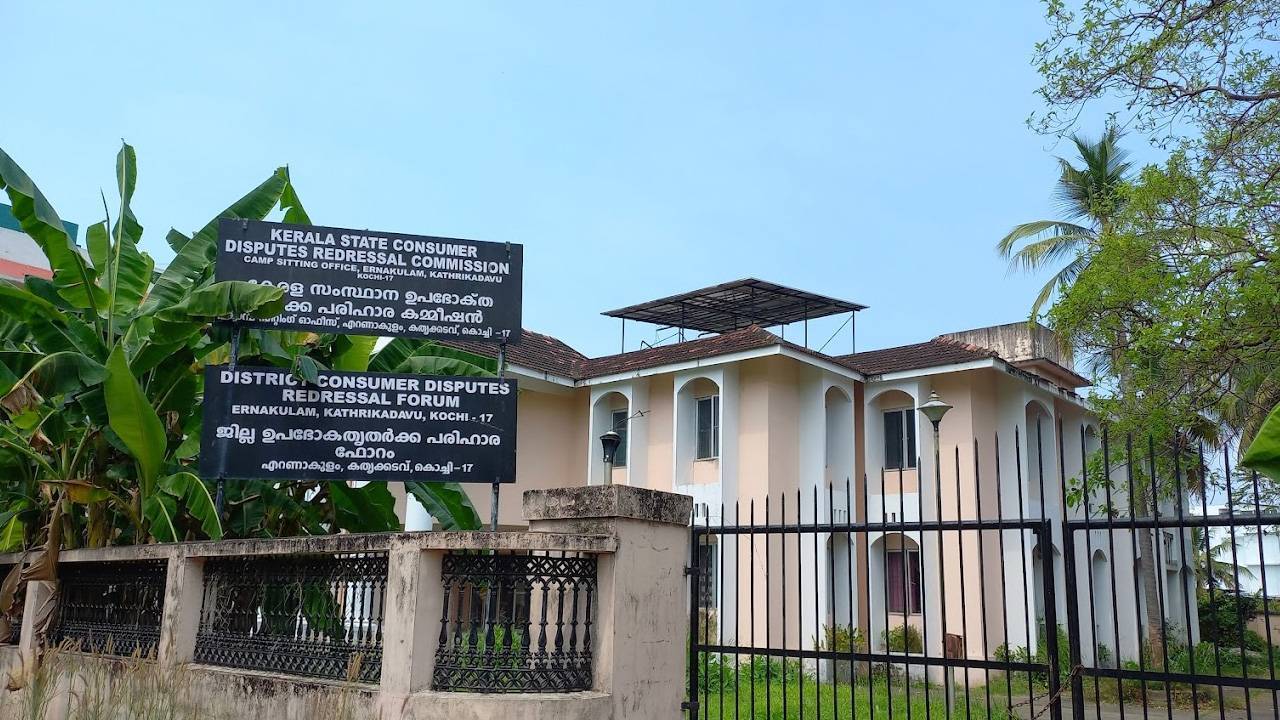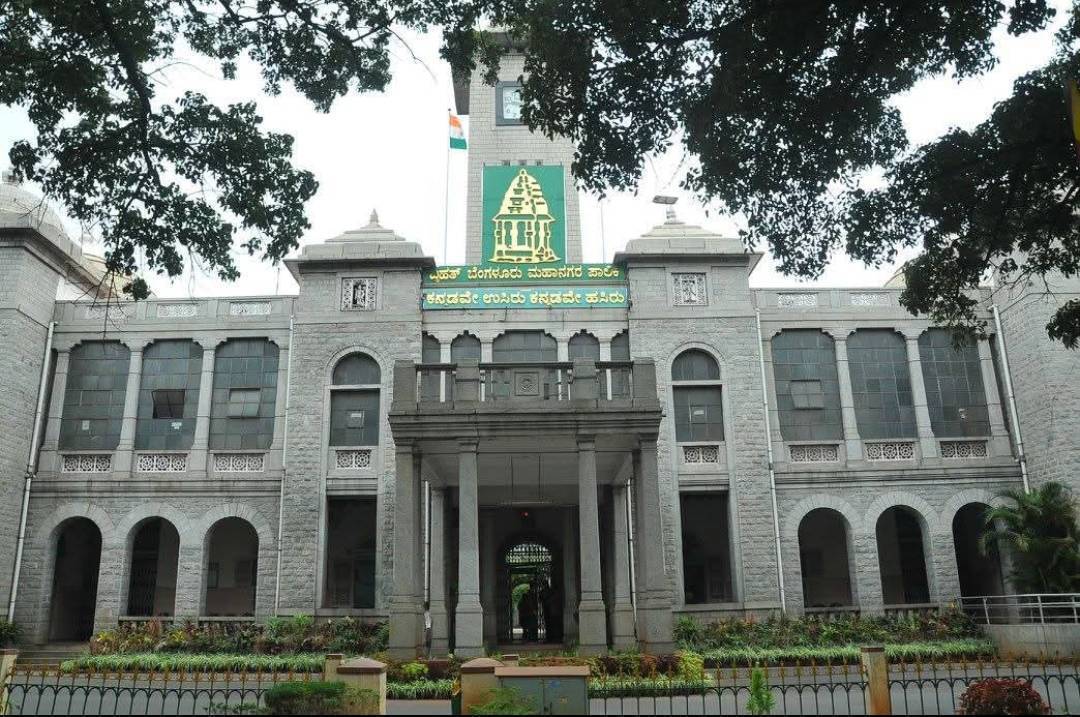The Comptroller and Auditor General (CAG) of India has highlighted significant procedural and policy lapses in the functioning of the Greater Noida Industrial Development Authority (GNIDA), citing irregularities that have stalled multiple housing projects and left thousands of homebuyers awaiting possession.
The performance audit, tabled in the Uttar Pradesh Assembly, covered the period from 2005-06 to 2017-18, with an update to April 2021. It revealed that key safeguards, notably the mandatory provision for builders to open escrow accounts, were omitted from successive GNIDA housing scheme brochures. Escrow accounts are meant to ensure that funds collected from homebuyers are used exclusively for construction and that GNIDA dues are paid on time.
The CAG report stated that the absence of such provisions weakened financial controls, delayed project execution, and undermined buyer protections. Out of 34 projects examined, 28 had pending dues totalling ₹2,235 crore. Only 14.52% of total group housing allotments made during the audit period were completed, the report said.
As of April 2021, total dues pending from builders stood at ₹10,732.44 crore, with ₹19,500 crore in arrears across all categories including land premium, lease rent, and interest, much of it from allotments made since GNIDA’s inception in 1991.
The audit also flagged the allotment of plots to technically unqualified bidders, allotments to builders with prior defaults, and failure to ensure fair competition in bid evaluation. These actions, according to the CAG, resulted in both financial losses to the state exchequer and prolonged hardship for homebuyers. Notional losses from irregularities in planning, land acquisition, pricing, and allotment were estimated at ₹13,362 crore.
The report noted that GNIDA “failed to uphold the trust of homebuyers by not ensuring timely completion of projects and execution of sub-leases,” adding that post-allotment monitoring mechanisms were inadequate.
The CAG has advised the Uttar Pradesh government to investigate possible collusion between GNIDA officials and builders, and to take action against those responsible for framing or implementing allotment policies detrimental to GNIDA, the government, and homebuyers. It recommended strengthening penal provisions for delays in lease deed execution, revising rates periodically, and mandating escrow accounts in future schemes.
Additionally, it urged the state to make regulatory bodies more proactive in safeguarding buyer interests and to expedite recovery of dues from defaulting builders.
According to the report, the Uttar Pradesh government has accepted these recommendations. GNIDA’s general manager (finance), Vinod Kumar, said corrective measures were underway, including policy revisions to prevent recurrence of lapses and focused efforts on dues recovery.
The findings have intensified scrutiny of GNIDA’s functioning, particularly its handling of large-scale housing developments. For thousands of buyers in stalled projects, the audit underscores longstanding concerns over accountability, transparency, and enforcement in the state’s real estate sector.









.png)